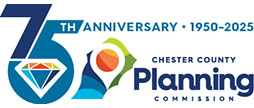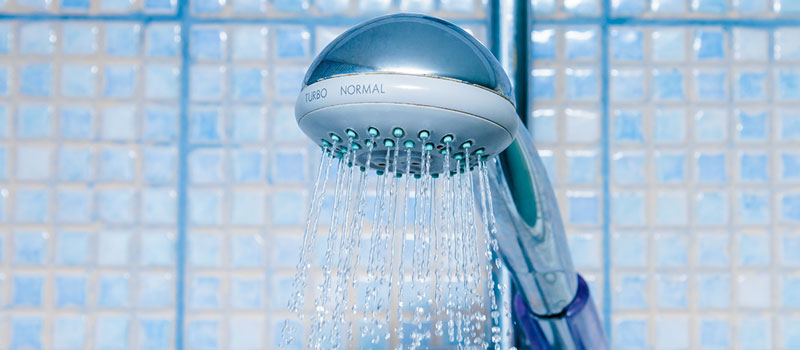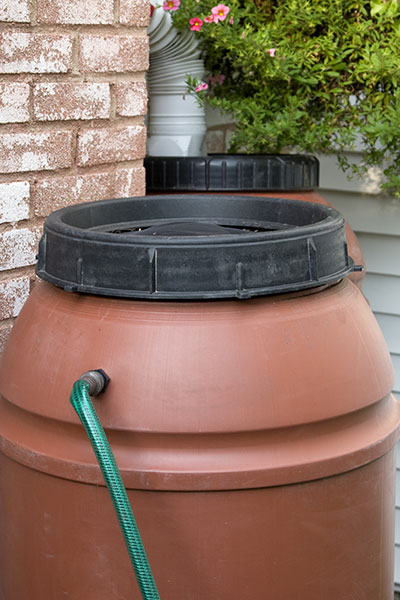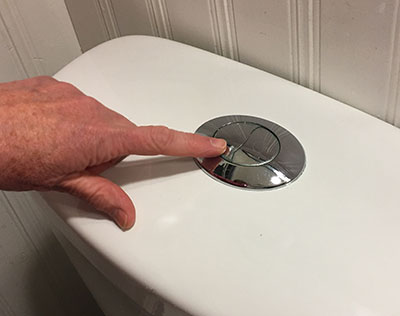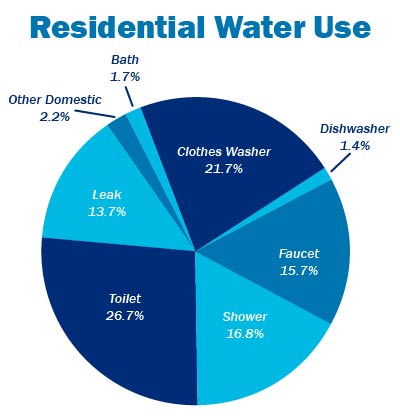Rain barrels can help to reduce stormwater runoff and provide water to irrigate gardens.
How it Works
One of the easiest and most effective ways to conserve water is by modifying how we think about water and how we use it; too often, we regard water as a limitless resource until there is a drought or another type of water shortage. Municipalities can encourage water conservation by promoting the use of "harvested rainwater" (rainwater that is collected into cisterns or rain barrels) for non-potable uses such as irrigation. Water use in homes can be reduced through the use of flow-reducing fixtures, fixing leaks, and water-conserving washing machines.
Benefits
Everyone should participate in water conservation practices, including commercial and industrial water consumers, because these are sometimes the largest users of water.
Reduced Wastewater Treatment Costs
A reduction in water use can reduce wastewater flows into sewage treatment facilities. Municipal expenses, and therefore fees to homeowners, can be reduced due to lowering the amount of wastewater that needs to be treated.
Reduced Water Bills
Savings can be realized at all levels of the water supply chain, from the supplier to the consumer.
Environmental Benefits
Water quality and quantity can be enhanced by a reduced need for the withdrawal of groundwater and surface water. The reduced amount of treated wastewater discharged into streams can improve the quality of waterways.
Reduced Stormwater Runoff
The practice of "harvesting" rainwater can reduce stormwater runoff and provide water to irrigate gardens.
Dual flush toilets use two buttons or a handle mechanism to flush different amounts of water.
Get Started
Establish Policy Basis
The municipal comprehensive plan should include policies that support water conservation and its associated benefits.
Ordinance Provisions
Zoning ordinances and subdivision and land development ordinances can encourage rainwater harvesting (collecting rainwater for later use) and require landscaping that needs little or no irrigation. The use of drought-resistant plants and native grasses and allowing lawns to revert back to meadows can reduce the demand for watering, fertilizer and herbicide application, and reduce the potential for contaminated runoff to enter streams.
Building Codes
Building and construction codes can require the use of reduced or low flow fixtures such as toilets or shower heads. Reducing the amount of water a household uses can result in reduced wastewater that requires treatment and lower costs to homeowners.
Other Incentives
Municipalities can offer density or other bonuses for designs that strive to meet the U.S. Green Building Council's "LEED" Leadership in Engineering and Environmental Design standards. LEED-designated buildings typically use less water and generate less wastewater. Meeting LEED standards could be added to a list of other activities (such as preserving historic resources) that provide bonuses for achieving desired municipal planning goals.
Stormwater Management
Other water conservation practices include the use of rain gardens and grading yard areas to direct stormwater into vegetable or flower gardens for irrigation. Automated irrigation systems for lawns and gardens can be designed to provide the correct amount of water application and can prevent wasteful overwatering by automatically monitoring temperature and rainfall amounts.
The Chester County Water Resources Authority provides numerous tips for water conservation in the home.
Data source: AWWA Research Foundation.
Considerations
Reluctance to Change Habits
The effectiveness of water conservation practices relies on convincing water users to change their established habits, particularly in a domestic environment.
Comprehensive Conservation Efforts
Because water is needed for residential, commercial, institutional, and industrial uses, efforts to promote conservation should be broadly-based and apply to all land use types and users.
Regulatory Restrictions
Regulations that apply to the use of graywater (e.g. water from washers, showers, and sinks) and of rainwater harvesting systems can limit or prevent potential water conservation practices.
Examples
Various designs and practices conserve water by limiting the need for artificial irrigation.
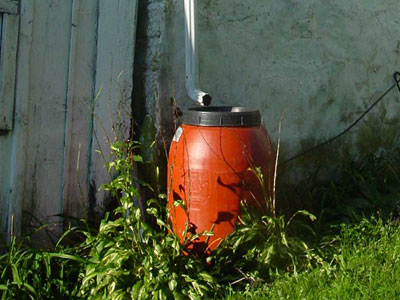
Rain Barrels and Cisterns
Rain barrels collect water from downspouts, allowing for future use and irrigation; this rainwater would otherwise flow across ground surfaces and pick up pollutants before flowing into storm drains, which may require additional treatment. Cisterns provide another means of collecting and storing rainwater for future use, typically holding a higher volume of water than rain barrels.
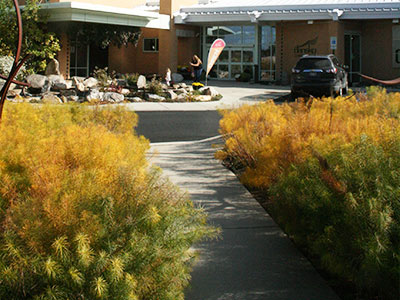
Rain Gardens
A feature that allows runoff from paved areas to flow into a shallow basin containing plants that absorb nutrients and remove pollutants. Rain gardens also help reduce the overall volume of stormwater runoff and associated erosion, while recharging groundwater supplies.
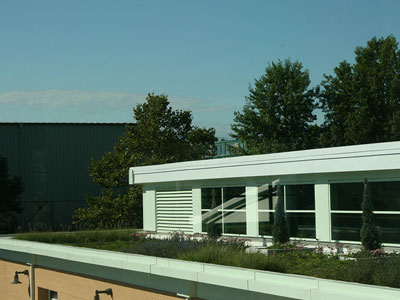
Green Roofs
Green roofs are vegetated areas on the tops of buildings that absorb stormwater, reducing the amount of water that flows across impervious surfaces and into storm sewers. Green roofs improve the quality of any water not fully absorbed or recycled by them, and are known to increase the lifespan of roofing materials, stabilize indoor temperatures, and reduce the heat island effect often found in the built environment. (See Green Roofs eTool).
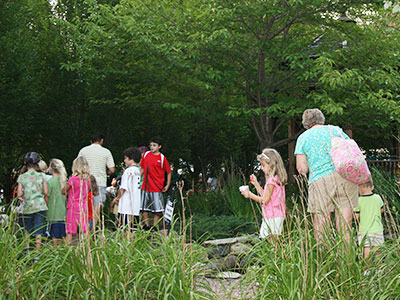
Low Maintenance Lawns/Drought Resistant Plants
The use of low maintenance lawns, including drought resistant plants, native grasses, and, where possible, allowing lawns to revert back to a meadow, reduces the demand for watering, reduces or eliminates the need for fertilizers and herbicides, and reduces the potential for contaminated runoff to enter streams.
These ordinances require water conservation practices or water conserving plumbing fixtures.

North Coventry Township Code of Ordinances, Chapter 355
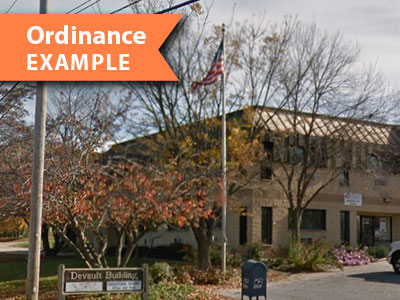
Charlestown Township Code of Ordinances, Chapter 26
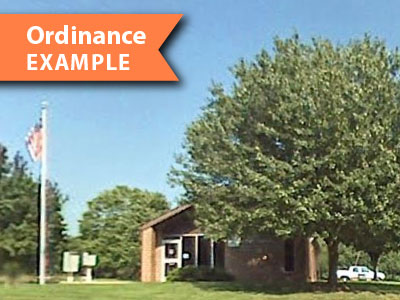
Franklin Township Code of Ordinances, Chapter 26
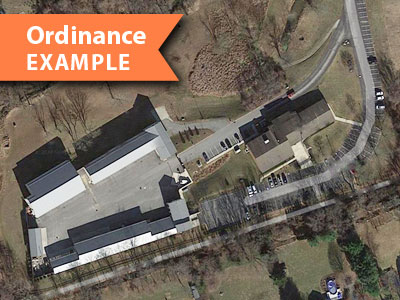
East Whiteland Township Code of Ordinances, Chapter 198
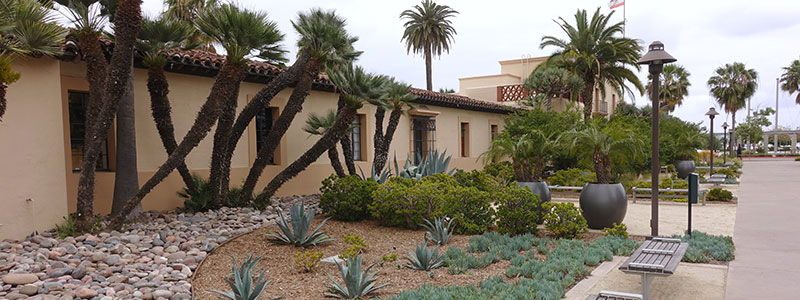
California: Water conservation is nationally important, especially in drier areas of the United States. Western states such as California have led the way with water conservation regulations.
